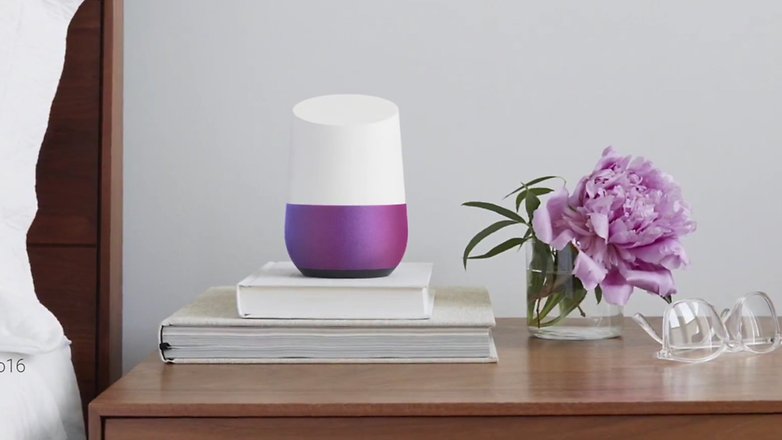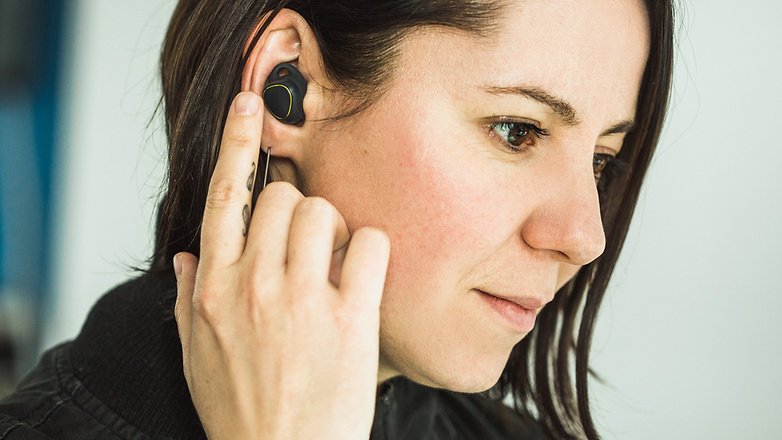Many manufacturers have filed patents for foldable screens but the system that seems to me to be the most interesting and practical idea that has been adapted to the market, is the project that Lenovo are working on: a device that you can use like a mobile phone or that you can wrap around your wrist, turning it into a smartwatch. If it is well developed, this technology could provide, in the long run, the thinnest device that is easily transported and that has as many esthetic advantages as possible.
Artificial intelligence at the heart of it all
I have a mixed opinion of artificial intelligence, perhaps I am influenced too much by the 2001 film ‘Space Odyssey’ and its notorious CARL 500 computer. There’s no doubt that Artificial Intelligence will play a role in our daily lives and in managing our devices that organize our routines. Google is heading towards this perspective with its Assistant which, as well as carrying out these functions, will be able to satisfy your curiosity and perhaps even satisfy your needs: ordering food, buying plane tickets, etc.
Phones will likely always have different interfaces depending on the manufacturer but I think that they will also have different types of artificial intelligence. This will be the only thing that we will need in the end as it will be able to direct you towards functions that could be useful to you as well as information and apps. Of course, it’s ‘easy’ for Google as it has potentially the most used search engine in the world, but the competition will probably have more difficulties in this area.

To sum up, I imagine a form of artificial intelligence that centralizes everything that you could possibly do on a smartphone and make it all accessible by voice control.
Simplified smartphone control
I understand that I have taken a big step in the direction of science fiction with a futuristic perspective that Jules Verne himself wouldn’t have dared venture (I’ll point out that I don’t consider myself to be an excellent writer or visionary like this gentleman!). You’re perhaps not familiar with the brain-computer interface (BCI). It’s a technology that aims to associate an individual’s thoughts with practical actions. We imagine that in the (very?) long term, it will be possible to control your smartphone through thoughts by wearing a small ear piece close to your head.
Controlling your smartphone with your brain would be amazingly practical but also quite worrying. On one hand, we don’t really know the effects of these signals on our health and, although the market tends to popularize them (wireless headphones etc.), we don’t know if they can cause problems or not. On the other hand, becoming physically inactive even in small efforts like these could make us all like the animated characters in Wall-E, a catastrophic scenario that I wouldn’t wish on anyone.

To conclude, I imagine that we will probably have a foldable device that is easily transported and that can be used simply, for example by a touch or neural interface (a touch interfaces are still indispensable). From the phone, you can access information of interest via a search system, you can access various applications, control your home electrics or any other object connected to the device as well as many other things.
Slight downside
I am keen to point out that this isn’t really what I want to see but rather what seems to be the logical next-step scenario. We constantly seek to facilitate our actions, which is one of technology’s definitions. Smartphones are no exception to the rule as they aim to carry out all actions from the same device (including managing lighting at home). Google is going in this direction (which perhaps isn’t the best thing) with its Google Assistant, it’s possible that others will follow in its footsteps.
Have we gone too far? We know from the past that freedom of action and good intentions are not enough to achieve results, the Oedipus myth proves that. Even by going ahead with it, these technologies (which remain closely linked to the economy) will not only have positive effects, so be careful.
How do you imagine the future of smartphones?
No comments:
Post a Comment